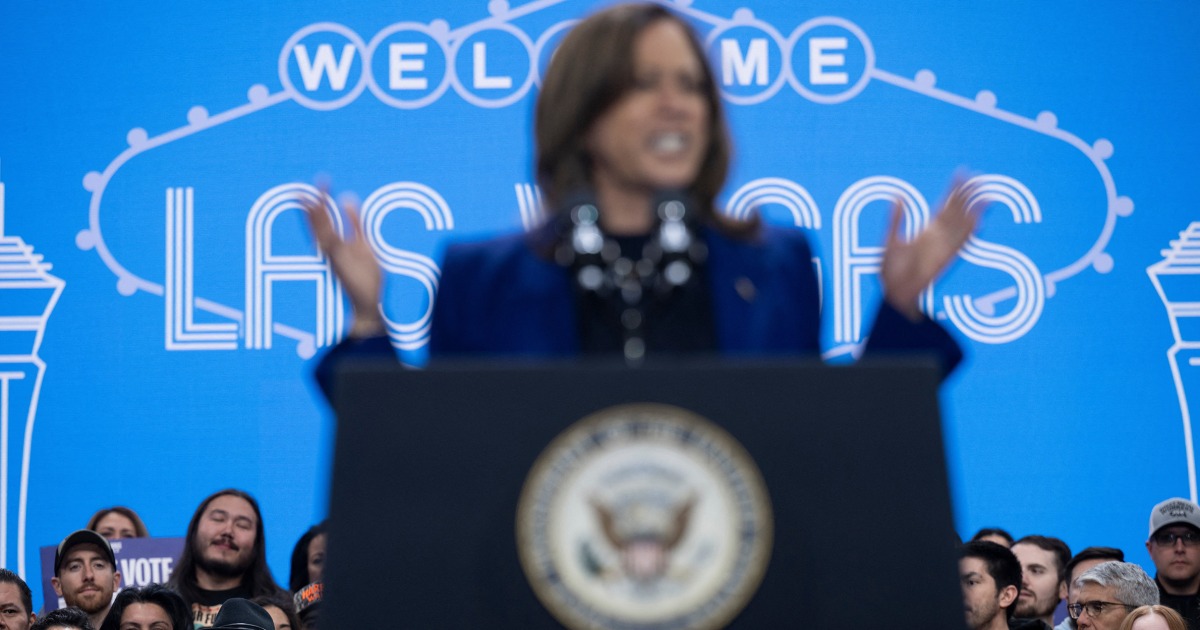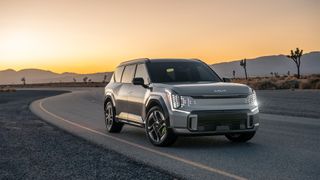
The DVLA has confirmed they are set to deliver staggering Vehicle Excise Duty (VED) changes to Britain’s motorists next Spring. Officials have outlined plans to start charging electric vehicles car tax for the first time after years of exemptions come to an end. The DVLA strategic plan for 2024/25 has made repeated references to the VED updates which come into effect from next April.
It could be a blow to the almost two million motorists in the UK who have already made the transition to EVs with free road tax a major incentive for many to switch. The Conservatives announced the scheme in the 2022 Autumn Budget with Labour pressing ahead with the concept. The DVLA strategic plan explained: “We will deliver the Vehicle Excise Duty technical changes required for electric vehicles and low emission vehicles which will take effect from 1 April 2025.
” The plan added: “During the year, we will continue to invest in our digital transformation programme, and in delivering the changes required to support the collection of Vehicle Excise Duty for electric and low-emission vehicles.” The policy will see those with the keys to EVs pay an annual rate to use the roads although exact fees are still uncertain at this stage. It was expected that EV owners would pay the same as petrol and diesel owners with annual fees currently sitting at £190.
There was also the threat that many EVs would cross the threshold to pay the Expensive Car Supplement. This is an extra £410 charge issued to motorists on vehicles valid over £40,000 between the second and sixth years registered on the road. However, Rachel Reeves threw a lifeline to electric car owners in her Autumn Budget statement earlier this week.
The Chancellor suggested officials would be changing the VED rates around to ensure electric car owners paid less than those with combustion vehicles. The Autumn Budget report states: “To help drive the transition to electric vehicles (EVs) the government is strengthening incentives to purchase EVs by widening the differentials in Vehicle Excise Duty First Year Rates between EVs and hybrids or internal combustion engine cars.” Further inspection of the plan shows Labour plans to freeze the lowest first year rate (FYR) paid by zero-emission cars until 2029- 30.
At the same time, they hope to increase first year rates for all other emission bands including hybrids and Internal Combustion Engine vehicles in 2025-26. The policy is expected to generate an extra £15million between 2024-25 but could raise £415million from 2025-26..














